How do you hold your grief in a language that's been its main perpetrator?
How do you hold your grief in a language that’s been its main perpetrator?
Since October, something has fractured inside me. I’ve been attempting to write into the fracture. English, time and again, fails me. To my ears, its sounds have become linked to the daily degradation of my people: human animals, wasps and insects, savages, barbaric—a list which grows longer by the day. Suffocated, I find myself rushing to Arabic.
I recognize the pattern: when I reach for Arabic, I reach for radical love. When I reach for English, I reach for currency…
A few weeks ago, I stood on a stage in Kansas City at an offsite reading for Palestine at the 2024 AWP conference. I recited the poem, أُعيذُكِ, by martyred Palestinian poet, Heba Abu Nada. I had a compulsive urge to read the original Arabic poem following its English translation; it didn’t matter if no one in the audience understood. I needed to recite the grief in the language in which it had first been uttered.
Translation frustrates me. Languages evolve to birth specific terms, encapsulating values, history, and the sociopolitical milieu, meeting the growing expressive needs of their speakers. My chest tightens each time I wish to write dhulm and instead pen down “injustice.” How flat it falls: an in-justice, no justice, a mere absence of. It falls short of dhulm’s intentional harm, a harm that occurs not because justice is passively negated, but because the world bands together to actively inflict it on you, you by name, like a missile signed by a human hand before it buries you under the rubble of your home. A deliberate evil that, in Arabic, merits a word of its own.
And the music, the music. In the English translation of Heba’s poem, “I shield the oranges from the sting of phosphorous” cannot capture the elegant syntactical play in the Arabic faqad h’awwattu bil sabe’il mathani, minal fosfori ta’amal burtuqali, how the object dangles by the oranges at the end of the sentence, hinted at by a fath’a on the meem of “taste.” How “I grant you refuge” coalesces into a potent invocation, Ou’ithoki. How the damma on the hamza shifts the action’s recipient, the kaaf object gently kissing the dhal, with a kasra beneath revealing the gender. There is a reason we say in Arabic that one tastes, not reads, poetry. A language that melts on the tongue calls to be savored.
Arabic itself has become a thakla: the original mourner. The mother of boundless loss. It carries not only its unique blend of melodies and choreography but also our manifold histories.
Even the Western middle finger cannot convey my rage. A single upright finger feels too docile to suffice. In Egypt, we thrust every finger up except for the middle one, take aim, then shoot the middle forward like an arrow. This small but gratifying act of fury eludes me today. To convey my anger, I’m forced to adopt the more subdued, universally recognized gesture. Even in a middle finger, something is lost in translation.
At the same Kansas City conference, I listened to Egyptian author Noor Naga talk about her experience traveling between the West and Cairo over the past few months. Whenever she arrives at a Western airport, she tenses up for another round of fighting about to resume as she reenters this world where we must claw and yell to keep Palestine human and alive. In Cairo, on the other hand, she said one could feel the grief suspended in the air — no one talks about it, but everyone holds it.
As I listened, I recalled how we have witnessed on our screens countless Palestinian mothers in Gaza cradling the torn limbs of their children. From tens, to hundreds, to thousands, and then to tens of thousands. One moment, a mother; the next, a thakla.
Thakla also has no equivalent noun in English. What does it mean to have a distinct word to describe a mother in agony over the untimely loss of a child? It reminds me of an old Arabic saying: Laysatil na’ihatul thakla kal na’ihatil musta’ajara. The wailing of a hired mourner is incomparable [in grief] to the wailing of a bereaved mother, a thakla.
The saying echoes in my mind as I think about what Noor said: what makes a grief hush, or blare? And it strikes me — this is Arabic. Arabic itself has become a thakla: the original mourner. The mother of boundless loss. It carries not only its unique blend of melodies and choreography but also our manifold histories. The screams of Mat el walad! Mat el walad! as Israeli bullets shattered the body of a boy, Mohamed Al-Durrah, in his father’s embrace during the Second Intifada, awakening my entire Arab generation to the Palestinian cause; humming kan shayil alwanu, kan rayih’ madrastu on the bus ride to school with a lump in my throat; the tunes of Al-Hulm Al-Arabi through Baba’s dusty car cassette; the gruff lyrics of Ya Falstiniya softened by the oud strums of Sheikh Imam; Fayrouz’s Zahrat Al-Mada’en, both an alarm and a lullaby; Shireen Abu Akleh’s voice seeping through our TV speakers; and my chants for Palestine post our January 2011 revolution, when we believed the Arab Spring would usher in a third mass Intifada and the end of occupation.
I recognize the pattern: when I reach for Arabic, I reach for radical love. When I reach for English, I reach for currency. English crumbles between my fingers because it’s a vessel I borrow to render my rage and grief legible to, and therefore shareable with, the world. Arabic, however, thrums like a disrobed nerve — raw, electric, primal.
We don’t need to articulate grief because the language itself, in all its dialects, grieves. Like an ill-sutured wound, it bursts open at the slightest tug, and the letters bleed tales, ballads, poems, hums, and defeats with every sabah el-kheir or keyfak?
Arab American writers born and raised in exile yearn for a heritage from which they have been severed, and try to reckon with the imperial core they inhabit. They seek to write their way back to the lost homeland. And I wonder: What does that make of me? I, who voluntarily adopted the tongue of this white supremacist Western hegemony? Why am I here? Why do I abandon the Arabic abundance I’ve been born into?
I tell myself: You have no choice, because in your struggle, your oppressors’ linguistic systems hold the most political power. The empire’s words alone can strip it naked before its own subjects. English does not give me a seat at the table, nor do I want it to. English offers me the chance to point at the table, to name its occupants. It allows my naming to be heard.
I tell myself all this, but it doesn’t stop English vowels, at the end of each day, from rolling heavily off my tongue, like a betrayal.
I’ve always asked myself if I can afford not to write in English. Today, Palestine pushed me to question how much longer I can afford to write in English.
As always, I don’t have solutions; I essay, approximate, speak into. A flame licked my flesh, and the flesh of my Arab kin, and we’ll never be the same. As I attempt to rise from the ashes, I reconcile by vowing, in my days to come, to subvert the empire’s language. To infuse it with shards before it departs my fingers. To wield it, shuffle its syntax and manipulate its diction, carving into its walls my incantations of liberation. To plant my utterances with seeds of cardamom, so as my executors consume my reproduction of their tongue, they bite into the sting.
When the weight of the empire in my throat wears me down, I run to Arabic, gargle its melodies. The thakla cradles the grief we know and bear together, and I breathe, at last held. When I scream Free Palestine at a rally, and my insides twist, aching to roar it in Arabic, sometimes I find camaraderie in a glimpse of a middle finger in the crowd, not raised — launched.



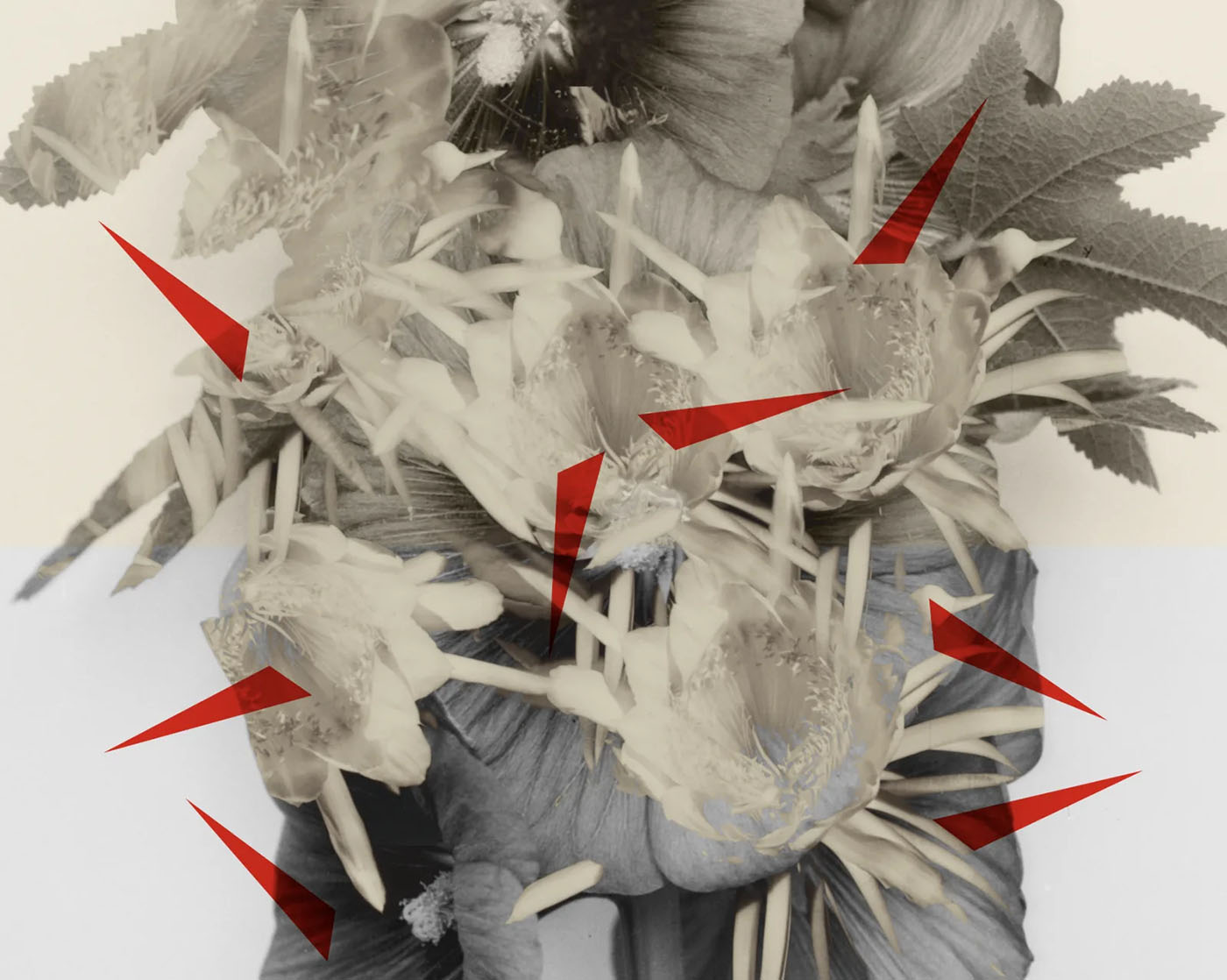
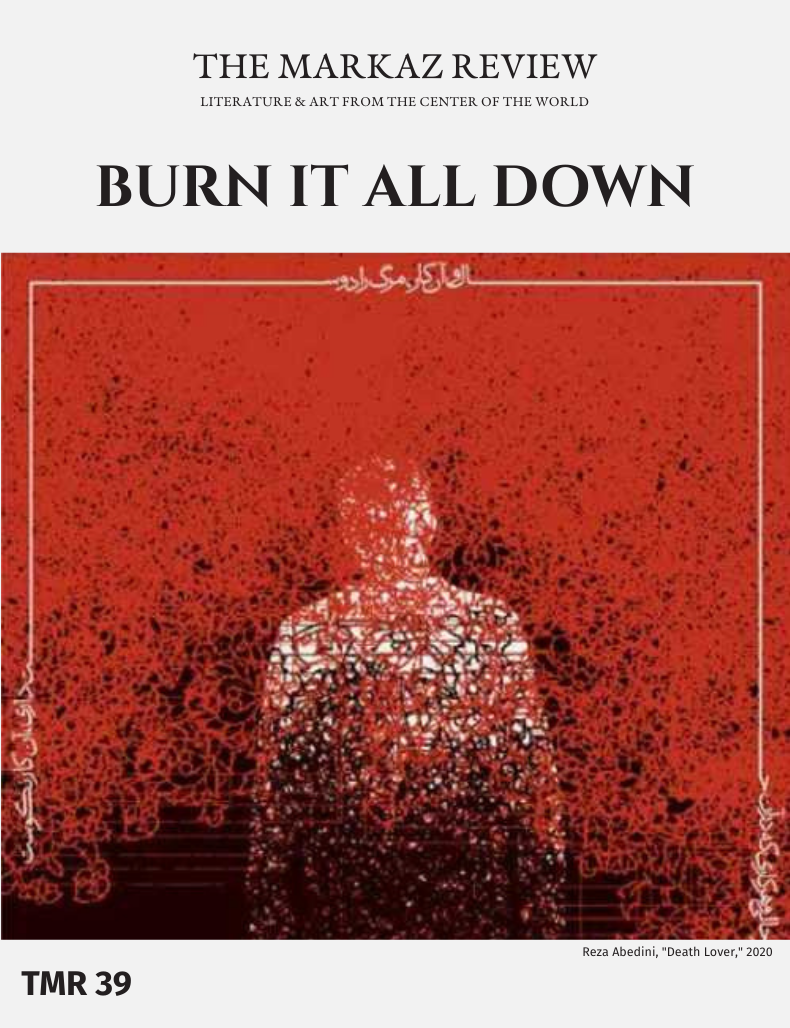

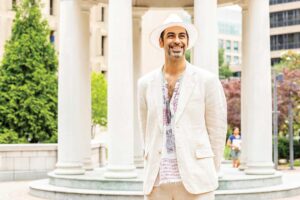
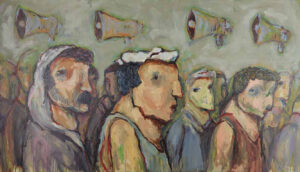



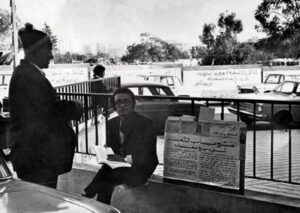


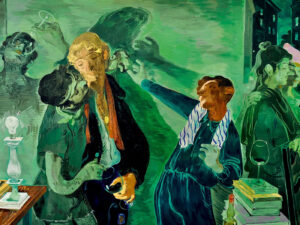














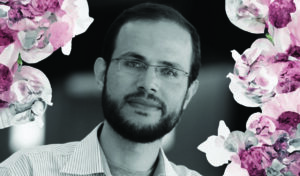

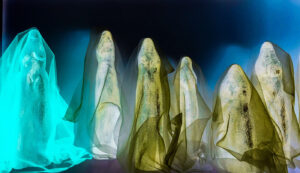



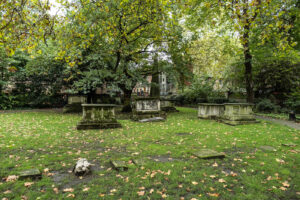
Came from the heart and connects to many hearts.
Stunningly beautiful piece of writing.